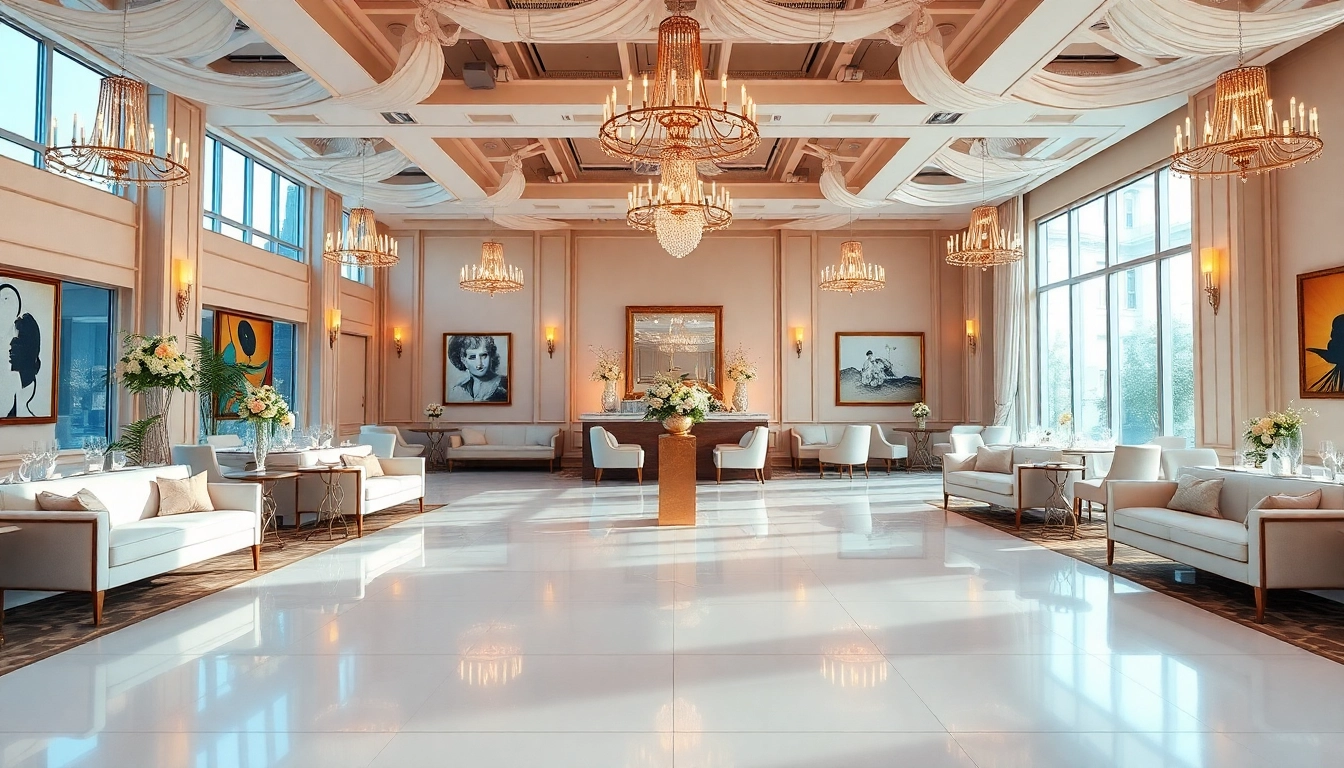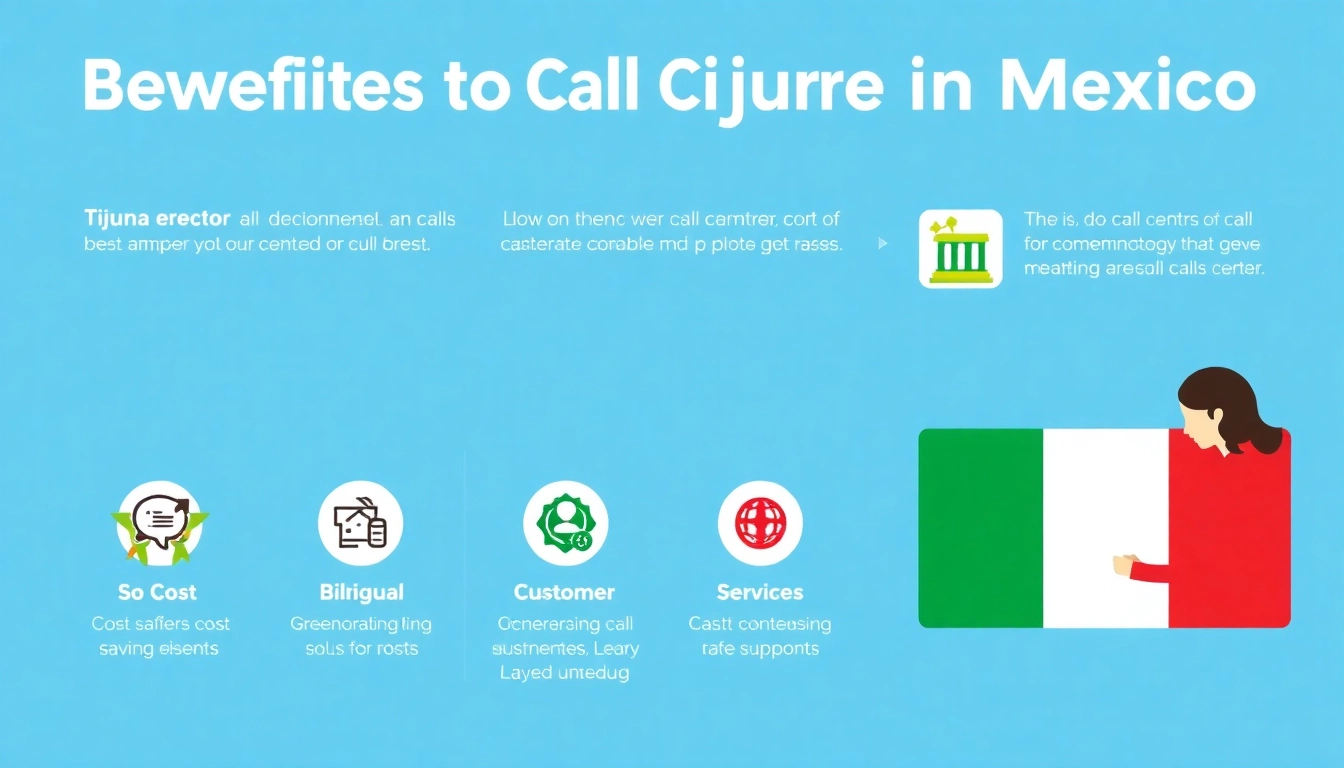Understanding Your Event Space Needs
Choosing the right event space is a pivotal step in planning any successful gathering, whether it’s a corporate meeting, wedding, party, or a conference. Understanding your unique requirements can make the difference between a lackluster experience and an unforgettable one. This article will guide you through the essential elements to consider when selecting an event space, ensuring you make an informed choice that will enhance your event’s value.
Identifying Event Purpose and Objectives
Before you delve into the logistics of booking an event space, it is crucial to clearly define the purpose of your event. Are you hosting a networking session, an educational seminar, a celebratory banquet, or perhaps a trade show? Each type of event has unique requirements that will dictate the features you should look for in a venue. For instance, a corporate meeting may prioritize a boardroom style setup, while a wedding may focus on ambiance and décor.
Setting specific objectives for your event will also help streamline the selection process. Consider questions such as:
- What are your primary goals for the event? (Networking, education, celebration)
- What key messages or experiences do you wish to deliver to attendees?
- Are there specific outcomes you hope to achieve? (e.g., gathering feedback, promoting networking opportunities)
Clarifying these aspects early can help in the negotiation with venue staff and assist in tailoring the space to meet your needs effectively.
Assessing Guest Capacity Requirements
Your guest list should heavily influence your choice of event space. Knowing the number of attendees will help you determine not only the size of the venue but also its layout. Common options include:
- Theater Style: Ideal for presentations where attendees focus on a speaker with minimal interaction.
- Banquet Style: Best for sit-down meals, with round tables to foster conversation.
- Classroom Style: Useful for educational purposes with attendees needing to take notes.
- U-Shape: Perfect for smaller meetings where interaction is essential.
Make sure to account for any need for extra space, including theater setups or breakout rooms for larger conferences. Additionally, consider the flow of people through the space to avoid crowding and to create an enjoyable attendee experience.
Exploring Location and Accessibility
Where your event is held plays a significant role in attendance. A centrally located event space that is accessible via public transport or major highways can enhance turnout significantly. Here are some key considerations:
- Proximity to Transportation: Ensure the venue is close to airports, train stations, and bus routes for ease of access.
- Parking Facilities: Ample parking can be a major factor for those driving to the event, especially for suburban venues.
- Accessibility for Disabled Guests: Check that the venue meets ADA requirements and offers ramps, elevators, and appropriate restroom facilities.
- Nearby Accommodations: If your event spans multiple days or attracts out-of-towners, consider suggesting nearby hotels.
Choosing the right location ensures that your guests can easily access the event, which can have a direct impact on attendance and overall satisfaction.
Key Features of an Effective Event Space
Layout and Design Considerations
The layout and design of your chosen event space play a critical part in the overall atmosphere and functionality. Here are important aspects to evaluate:
- Flexibility: Choose a space that allows for configuration changes. This means being able to adapt the layout to suit different activities during the event.
- Acoustics: Good acoustics are vital for ensuring that speeches, announcements, and discussions are clearly heard by your guests.
- Aesthetics: The visual appeal of the venue can significantly affect the event’s ambiance. Look for spaces with character or those that can easily be customized with your branding elements.
Consider visualizing your event in the space. Using mock layouts can aid in planning where elements like stages, screens, and seating will be positioned to optimize the area.
Essential Amenities and Equipment
Every event will have a different set of requirements when it comes to amenities and equipment. As you shortlist your event space, make a checklist of the essentials you’ll need:
- Audio-Visual Equipment: Check for available projectors, sound systems, microphones, and video conferencing capabilities if needed.
- Internet Connectivity: Reliable WiFi is crucial, especially for events that revolve around technology or those that stream live content.
- Restroom Availability: Ensure that there are sufficient restroom facilities to accommodate your guest count.
- Catering Options: Determine if the venue has a kitchen or catering support, and what food and beverage arrangements can be made.
Lastly, inquire about any additional fees associated with using these amenities to prevent unexpected budgeting issues later on.
Technological Integrations for Modern Events
In an increasingly digital world, integrating technology into the event can improve the overall experience for attendees. Some features to contemplate include:
- Event Management Software: Many venues offer software integrations to manage registrations, ticket sales, and schedules.
- Interactive Tools: Consider utilizing audience engagement tools such as live polls or Q&A platforms to foster interaction.
- Streaming Facilities: If you want to include remote attendees, look into venues that provide live streaming services.
Being technologically equipped not only modernizes the experience but often engages guests more deeply and adds value to the event.
Budgeting for Your Event Space
Understanding Different Pricing Models
When planning an event, it is essential to understand the various pricing models that venues use. Pricing can vary widely based on factors such as location, amenities, and time of year. The common pricing structures for event space include:
- Hourly Rates: Some venues charge per hour, making them ideal for short meetings or events.
- Full-Day Rates: Others may offer a flat rate for the entire day, which is more economical for longer events.
- Packages: Many venues offer specific packages including catering, AV equipment, and staff services, providing a comprehensive option for the organizer.
- Deposit and Cancellation Policies: Be sure to inquire about the deposit needed to secure your booking and understand cancellation policies to avoid potential losses.
Prioritize venues that align your budget with the features you deem most important for your event’s success.
Prioritizing Value Over Cost
While staying within budget is crucial, focusing solely on the lowest cost may not yield the best outcome for your event. Instead, evaluate the value you are getting for your investment. Look for aspects such as:
- Quality of Service: Consider the attentiveness and professionalism of the venue’s staff.
- Amenities Included: A higher upfront cost may be worth it if it includes essential amenities that would otherwise incur additional expenses.
- Reputation: Choose venues with a good track record for hosting similar events successfully.
By prioritizing value, you can make decisions that enhance the overall experience for both yourself and your attendees, leading to a successful event.
Additional Costs to Consider
In addition to the basic venue rental fee, plan for potential additional costs that may arise. These could include:
- Service Fees: Many venues charge service fees for setup, staff, and cleaning, so consider this when budgeting.
- Tax and Gratuity: Ensure to factor in applicable taxes and gratuity for catering and service staff.
- Insurance: Some venues may require you to obtain liability insurance, adding to your overall cost.
- Damage Deposits: A refundable damage deposit may be necessary to reserve the venue.
Being aware of these costs beforehand can aid in better financial planning and help you avoid surprises later on.
How to Evaluate Potential Event Spaces
Conducting Site Visits
Once you have narrowed down your choices, conducting site visits should be your next step. A physical inspection of the venue can provide critical insights that may not be apparent from photos or online descriptions. Here are aspects to evaluate during your visit:
- Overall Cleanliness and Maintenance: Assess the venue’s level of upkeep, including restrooms, furniture, and floors.
- Ambiance and Lighting: Pay attention to the lighting and overall ambiance, ensuring it aligns with your event’s theme.
- Layout Options: Consider how flexible the layout is and how it can be modified for your specific needs.
- Meet with Venue Staff: Engaging with the venue staff can provide insights into how accommodating they are and how well they will cooperate with your planning.
Taking additional details or photos during your visit can help draw comparisons later during the final decision process.
Reading Reviews and Testimonials
Use online resources for gathering feedback about potential venues. Look for reviews on independent platforms rather than venue-provided testimonials for more balanced insights. Key factors to consider include:
- Staff Responsiveness: How do past clients rate the venue staff’s communication and service leading up to the event?
- Guest Experience: What do past attendees say about their experience in the venue? Consider comments on accessibility, comfort, and atmosphere.
- Event Package Fulfillment: Ensure the venue delivers on what it promises in terms of features and services.
Taking these considerations into account will help solidify your decision by providing real-world experiences from other planners and attendees.
Comparing Options with Competitors
Once you have visited a few venues, comparing their offerings can help you make a final decision. Create a comparison chart that lists key features, costs, and your impressions to simplify the evaluation process. Important considerations include:
- Cost versus featured amenities
- Location and accessibility
- Flexibility in layout and configuration options
- Overall reputation and past testimonials
Taking a strategic approach to comparisons can lead to selecting the most suitable event space for your specific needs, thus ensuring the success of your gathering.
Maximizing Your Event Space Experience
Decor and Setup Tips for Engagement
Once your venue is booked, the next crucial step to ensure a successful event is optimizing the decor and setup. Engage attendees by creating an inviting atmosphere through thoughtful design. Here are some tips:
- Branding: Use signage, table centerpieces, and backdrops that reflect your brand and theme to create a consistent experience.
- Lighting Effects: Utilize ambient lighting to create the desired mood. Consider incorporating color gels or string lights to enhance the décor.
- Comfort: Arrange seating and space in ways that encourage interaction and discussion, such as lounge areas or smaller discussion pods.
- Interactive Stations: Create engagement opportunities such as photo booths, games, or polling stations to keep guests involved throughout the event.
Effective decor and setup not only beautify the space but also enhance guest interaction and experience.
Strategic Timing for Bookings
Timing can significantly impact your event’s overall success. Consider the following when scheduling your event:
- Day of the Week: Events on weekdays may attract different audiences than those on weekends, affecting attendance rates.
- Time of Year: Avoid conflicts with major holidays or local events that could prevent your target audience from attending.
- Advance Notice: Booking your event space well in advance allows for better preparation and potentially lower pricing.
Having a strategic approach to timing can enhance attendance and engagement, leading to a more successful gathering.
Post-Event Follow-ups and Feedback Gathering
The conclusion of your event doesn’t mean that the process is over. Gathering feedback and maintaining communication with attendees can provide valuable insights for future events. Here’s how to approach it:
- Thank You Messages: Send personalized thank you messages to attendees, speakers, and vendors. This not only shows appreciation but also keeps your brand on their minds.
- Surveys: Follow up with a feedback survey to collect insights on what worked and what could be improved for future events.
- Performance Metrics: Analyze attendance data, engagement levels, and overall satisfaction ratings to measure effectivity and help inform future event planning.
Taking these steps not only enhances relationships but also allows for continued improvement in how events are planned and delivered.



